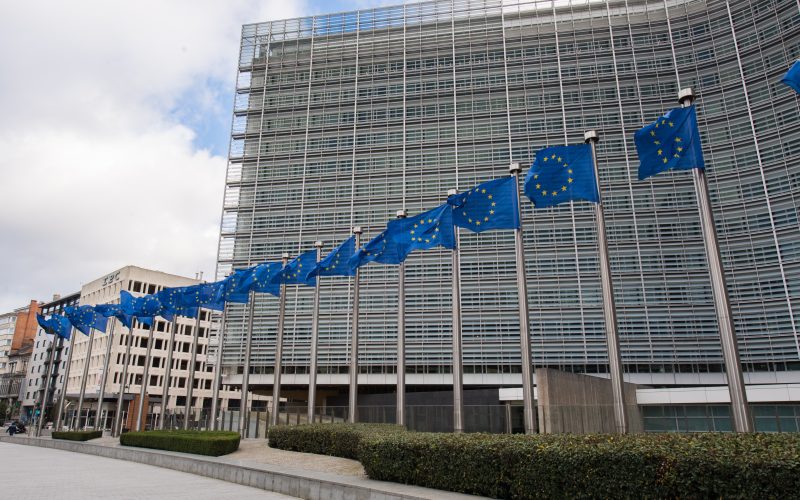The European Commission has unveiled a package of amendments to the Sustainable Finance Disclosure Regulation (SFDR), aiming to resolve long-standing problems in the EU’s transparency framework for financial products with environmental or social objectives. The reforms seek to make the system simpler, more coherent and better aligned with market practice, while improving clarity for retail investors and reducing compliance costs for firms.
A comprehensive review by the Commission found that the current SFDR has led to disclosures that are excessively lengthy and complex, limiting investors’ ability to compare products and understand their sustainability characteristics. The regulation has also been widely used as an unofficial labelling system, contributing to confusion and increasing risks of greenwashing and mis-selling. As a result, the SFDR has not fully succeeded in directing capital towards the EU’s sustainable transition.
Under the proposed amendments, investors would receive shorter, more accessible information, while financial institutions would benefit from fewer reporting obligations. The Commission argues that the changes will support the EU’s leadership in sustainable finance, strengthen competitiveness and encourage greater participation of retail investors in capital markets—an objective linked to the forthcoming Savings and Investments Union.
Key elements of the proposal
1. Simplified disclosures
The Commission proposes removing entity-level reporting on principal adverse impacts for most financial market participants (FMPs). Only the largest FMPs—those falling under revised Corporate Sustainability Reporting Directive (CSRD) thresholds—would continue to disclose their environmental and social impacts.
This change aims to eliminate duplication between the CSRD and SFDR and substantially reduce data-collection and reporting costs. Product-level disclosures would also be streamlined, limited to meaningful, comparable information directly linked to the product’s sustainability strategy.
2. New categorisation system for ESG products
Responding to strong stakeholder support, the Commission proposes a clear three-tier classification system for products making ESG claims:
- Sustainable category: products investing in activities or companies already aligned with sustainability objectives.
- Transition category: products financing companies or projects progressing credibly towards environmental or social goals.
- ESG Basics category: products integrating ESG considerations but not meeting the criteria for the other two categories.
At least 70% of a product’s portfolio would need to align with its chosen sustainability category, and all categories would exclude investments in harmful sectors such as tobacco, prohibited weapons and fossil fuels above defined thresholds. ESG-related product names and marketing materials would be restricted to products meeting these classification standards—an effort to curb greenwashing and build consumer trust.
Background and next steps
The SFDR has applied since March 2021, with detailed technical standards added in January 2023. The current proposal revises the core disclosure framework and outlines the foundations of the new categorisation and supervisory regime.
The amendments will now be reviewed by the European Parliament and the Council, which will determine the final shape of the reforms.

















